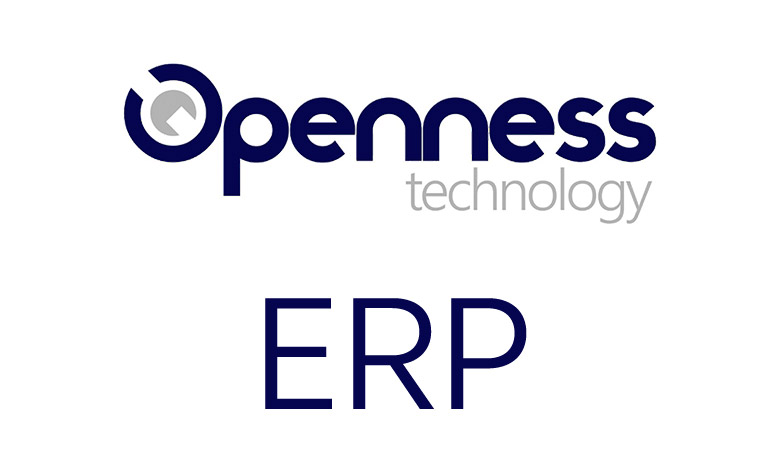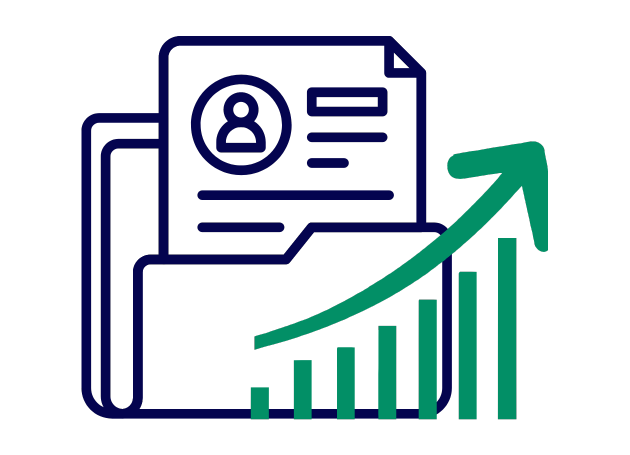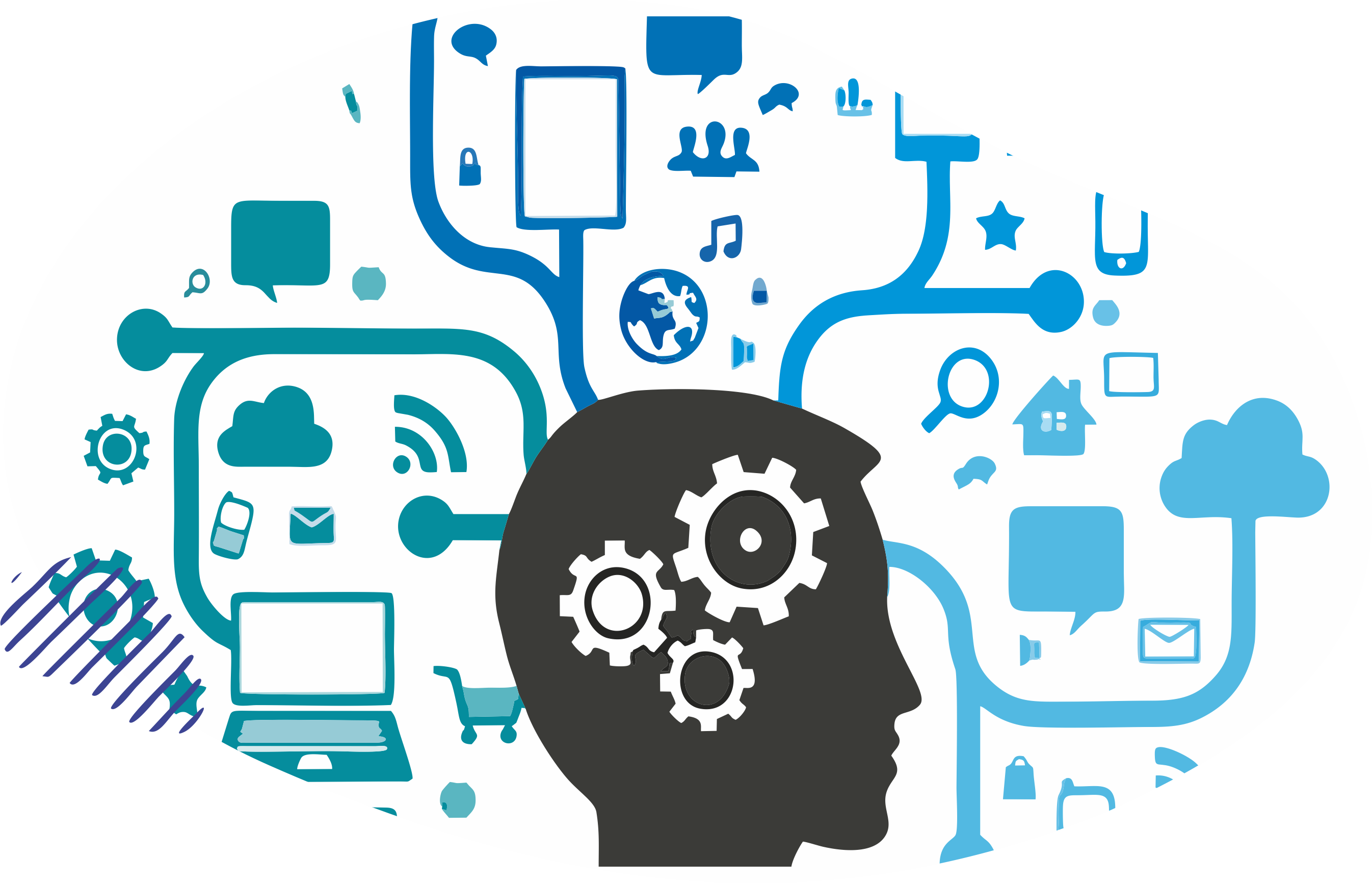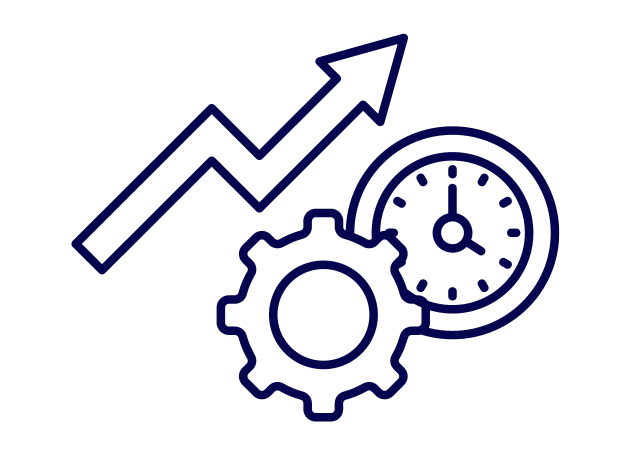
ERP stands for Enterprise Resource Planning. It is a type of business management software that allows organizations to integrate and manage their core business processes such as finance, accounting, human resources, inventory and supply chain management, manufacturing, and customer relationship management (CRM) , in a centralized system.
An ERP system provides a single source of truth for all business data, allowing employees to access and share information across departments and functions. This can help break down data silos and improve communication, collaboration, and decision-making.
ERP systems usually consist of a set of modules that can be customized and configured to meet an organization’s specific needs. For example, a manufacturing company might use inventory management, production planning, and quality control modules, while a service-based organization might focus on customer relationship management, project management, and billing modules.
An ERP system can provide numerous benefits to organizations including:
- Increased efficiency and productivity: By automating routine tasks and providing real-time data, ERP systems can help organizations streamline their operations and reduce manual errors.
- Better Decision Making: ERP systems provide a holistic view of business data, enabling managers to make informed decisions based on accurate, up-to-date information.
- Improved customer service: By providing a centralized repository of customer data, ERP systems can help organizations better understand and serve their customers.
- Greater Agility and Scalability: ERP systems can help organizations respond quickly to changes in the marketplace, as well as scale their operations to meet growing demand.
Overall, an ERP system can help organizations streamline their operations, reduce costs and improve their bottom line.










